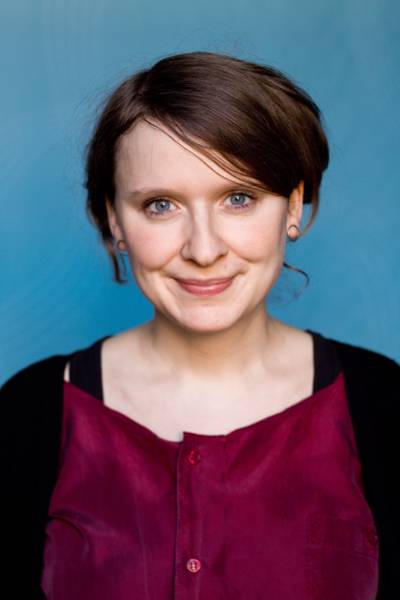Mareile Kaufmann: All news
20 news items
Strong PRIO Performance in ERC Projects
This week we have received wonderful news from the European Research Council (ERC).
Project Funded: e-Topia: China, India and Biometric Borders
How is e-governance and the Internet of Things (IoT) changing the everyday lives of the people of India and China, and how are these multifaceted changes affecting international relations?Congratulations to Åshild Kolås, who will lead the project e-Topia: China, India and Biometric Borders, which has now received 4-year funding from the Foreign Policy programme of the Research Council of Norway.
Military Applications of Artificial Intelligence - Ethics Project Now Funded
Congratulations to Greg Reichberg on funding from the SAMKUL call of the Research Council of Norway for a four-year project: Warring with Machines: Military Applications of Artificial Intelligence and the Relevance of Virtue Ethics.
Norway After July 22, 2011
Negotiating values, identities and a resilient society
Call for Papers
Data, Security, Values: Vocations and Visions of Data Analysis
New book by Mareile Kaufmann
Routledge has recently published a new book by PRIO Researcher Mareile Kaufmann on societal resilience.
“The Good Drone”: New edited volume out, by Sandvik and Jumbert
A new volume, The Good Drone, has just been published with Routledge, edited by Kristin Bergtora Sandvik (Associate Professor at the Department of Criminology and Sociology of Law at the University of Oslo and Research Professor at PRIO) and Maria Gabrielsen Jumbert (Director, Norwegian Centre for Humanitarian Studies and Research Director at PRIO).
NECORE Newsletter
Newsletter from PRIO's NECORE Team, working on identity and resilience after 22/7 - a sad anniversary is approaching.
Successful Doctoral Defence by Mareile Kaufmann
Today, Thursday 28 January, Mareile Kaufmann has successfully defended her doctoral thesis at the University of Hamburg: Resilience - Governance and in/security in interconnected societies.
Call for Applications: PhD Course on Societal Security
A course organised by the Research School on Peace and Conflict and the SOURCE Societal Security Network
PRIO awarded funding for a Nordic Centre of Excellence
Nordic Centre for Security Technologies and Societal Values will be financed by NordForsk
DRIVER Project Successfully Launched
The European Union's new demonstration project, DRIVER (Driving Innovation in Crisis Management for European Resilience) was successfully launched in May 2014.
DRIVER Project Successfully Launched
The European Union's new demonstration project, DRIVER (Driving Innovation in Crisis Management for European Resilience) was successfully launched in May 2014.
Call for Review Articles
Security Dialogue
Communicating Risk in the Digital Age
Societal Security program SAMRISK II funds 4-year project
Call for Abstracts: "After the Terror: Negotiating Values and Identities"
Abstract submission deadline: 8 December 2013
Improving rescue operations: eyes on the ground or eye in the sky?
Should drones be used in search and rescue operations, or are the eyes on the ground better suited for this task? On 7 March 2013 a group of diverse experts came together in order to discuss opportunities and challenges of the use of drones for search and rescue operations in Norway.
Drones for Search and Rescue Operations?
Should drones be used in search and rescue operations in Norway, or are ‘eyes on the ground’ better suited for this task? In a joint workshop the Peace Research Institute of Oslo, the Norwegian Board of Technology and the Red Cross Norway assess the opportunities and challenges related to new technologies and methods in search and rescue operations.
Security Dialogue Special Issue on Resilience
Call for Abstract: Politics of resilience: Logics, practices and consequences
Research on the 22 July Attacks
The Research Council of Norway has just announced its funding from the SAMKUL programme.






